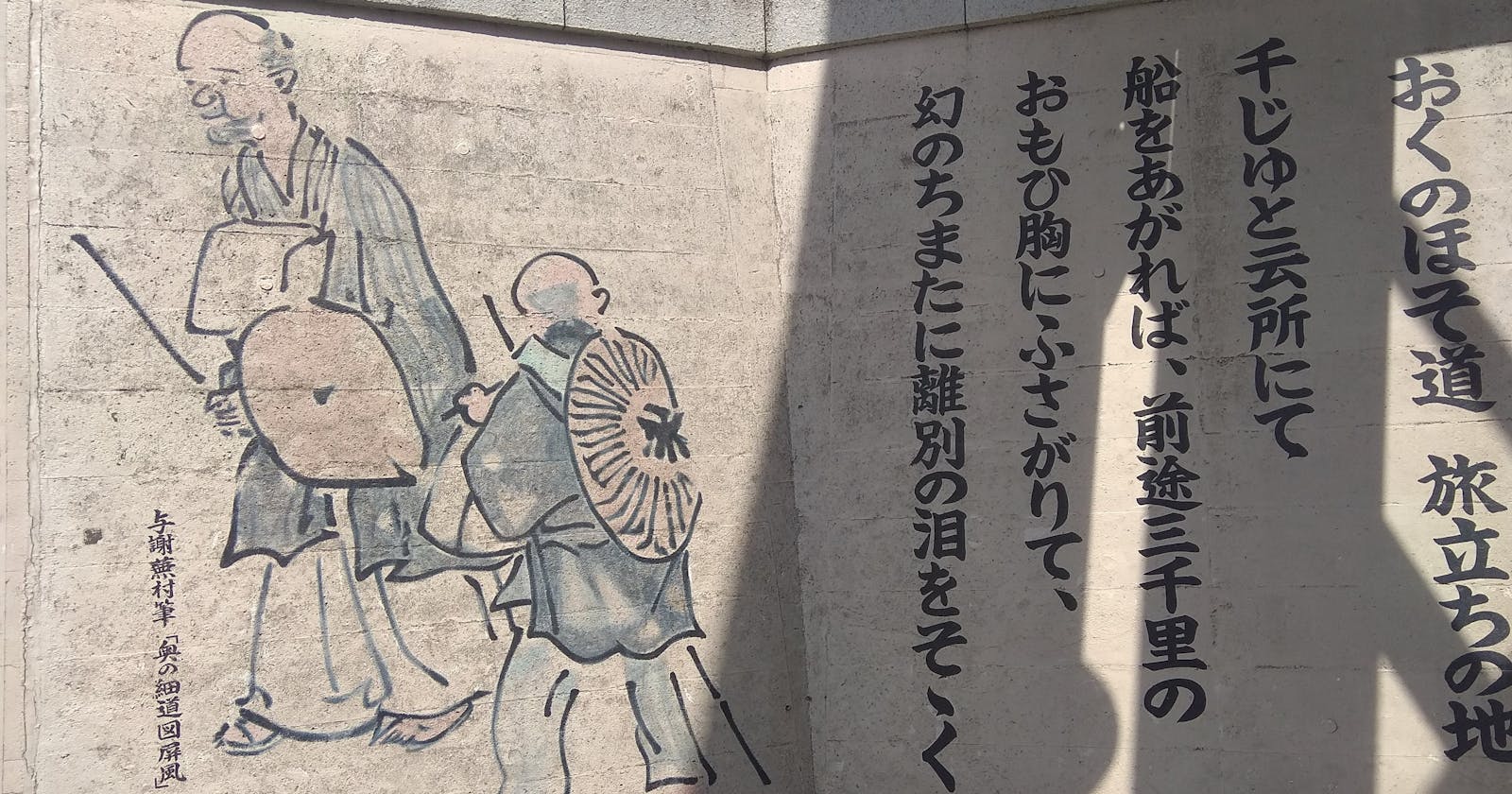Some context
I have been living and working in Tokyo 🗾 for more than a year now. Before that, I was working as a Web Developer on the island of Mallorca 🌴, Spain.
Next, I’m going to present the benefits and issues of living in Tokyo in contrast with my previous experience ⚖.
💚 Pros
💰 Good salary. You can earn a lot working as a software engineer 👩🏿💻. You won't earn so much as if you were working in the USA for example, but the salaries are quite better than in Europe for example
📈 High demand for Software Engineers / people with a Computer Science Degree. I believe this is more or less true for any country nowadays, but there are a lot of growing companies 🏬 in Japan (especially in Tokyo), and there are a lot of jobs that you can perform without the need of speaking any Japanese ⛩
🔐 Security. You can leave your goods unattended when you go to the toilet in a restaurant for example, or even in the street (people usually leave their bikes 🚲 unchained with bags and everything)
💉 Mandatory National Health insurance. The government forces you to pay insurance that would pay 70% of any of your medical costs 💸. In countries as Spain, your national health insurance pays 100%; but in other countries like the USA, you depend on your employer 🏢 to get decent health insurance
🏪
Konbini, or Conveniences Stores. I believe this type of shop is quite usual in other countries like the USA and some big cities, but it's not so common in Europe. In Japan, you can pay bills, send and receive mail, do photocopies, buy underwear and, of course, a great selection of food and drinks 🍱; all of this at any time, 24h🥫 Vending machines with hot/cold teas and coffees. For the stereotype developer 👨🏼💻 that converts coffee into code, this is really "convenient" 😉
📮 Mail. The national mail service is quite reliable: I have sent money and even my passport by email (this was incredibly useful for updating the resident visa for example). This is something that I wouldn't ever do in a country like Spain, where packages tend to just "disappear" 🦝 during the process
🔇 There are very few people at home during the day, so it's usually quiet to work from home. The Japanese working society expects employees to stay at the office almost all day, and then go to have some drinks with the colleagues in the afternoon 🥂. So residential areas are quiet during most of the day. This has changed a bit during the pandemic 🦠, but it keeps being a tradition that a lot of people want to continue
☕ There is a culture of working with your laptop in
Cafes, or even in places like burger joints. There are some family dinners 🍽 that offer you a "drink bar" paying a flat rate and without a limitation in time to enjoy as many drinks as you need. So it's quite possible to work outside in a quiet environment 🤫 (the Japanese people don't really talk loudly in public places)
💔 Cons
📄 You need a software engineering / Computer Science degree to even get a visa. The Japanese government is not really interested in workers that don't have high education 👩🏽🎓. There are ways to legally bypass this, of course, because Japanese companies desperately need tech workers even if they are self-taught 💪🏾; but it's gonna be harder for you to find a good job 💼 and find a company that wants to help you get a visa if you don't have the correct degree for the job
👨🏻💻 It's almost impossible to work as an international freelancer from Japan. I tried to and even getting professional help for managing my taxes in japanese was not possible, local interpreter agencies only worked with big companies 🏢
🈳 Japanese is needed for living in Japan and working in most companies, even a lot of Japanese Software Engineers don't know English at all and the immigrant's percentage is very low 📉, so it might be difficult for you to find friendly international communities 🌐
🚆 Trains terribly crowded. That's very uncomfortable if you need to work from a faraway office (because of the home renting situation in the city, some people have to live 1 hour on the train away from their job)
🏘 If you live in a rental house, you’ll maybe have bad Internet because of the way they config the network. I had to buy my own router for example in order to get decent wifi 📶 because the one that came with the rental was awful. The Internet got slower 🐢 at some points of the day when people came back home too
⌨ Even pushing your keyboard too hard can be seen as poor modals, so you need to learn where and when you can code, ie. on a
shinkansen(bullet train) 🚅 it’s expected that you allow others to rest and go to a special wagon if you need to work or make calls 📱☕ It’s hard to find a decent coffee (Italian or Spanish style). The type of coffee you find in most coffee shops,
konbinisand vending machines 🥫 is really sweet, doesn't really taste like coffee☁ Quite extreme weather. Winter ❄ is cold and dry and Summer ☀ is very hot and humid. In addition to that, there's a period of maybe two months in June and July where it rains ☔ a lot: like, maybe every day of the week. And of course, you can add here potential catastrophes like earthquakes and typhoons
Conclusions
I believe living in Japan 👘 is a big experience for anybody, especially for westerners, as it's really exotic and mind-blowing 🤯. But depending on your lifestyle or even type of job, it won't be a good fit for you 🤷♀️.
